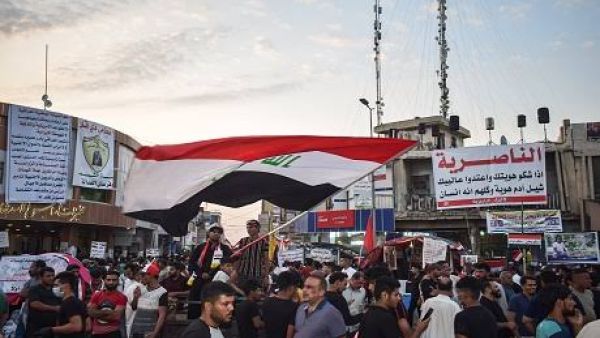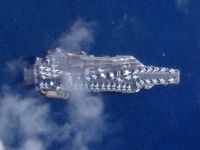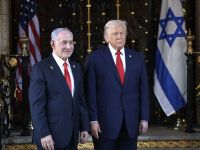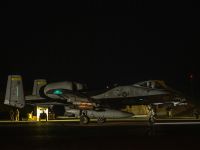Dozens of Iraqi protesters blocked the entrance to the Nassiriya oil refinery in southern Iraq for the fifth day in a row, a refinery source and a Reuters’ witness said.
The blockade caused fuel shortages across the southern province of Dhi Qar, with many petrol stations running dry and long queues at the few that were still open.
More than 200 unemployed university graduates who had a staged a weeks-long sit-in outside the refinery to demand jobs, blocked the entrance and prevented employees from entering the building, after the Iraqi parliament passed the budget on Wednesday without addressing their unemployment dilemma .
Iraqi Protesters Block Entrance To Nasiriyah Oil Refinery, Cause Fuel Shortage #Security https://t.co/F5swnUcBI1 pic.twitter.com/yrWia6bY2W
— RiskMap (@riskmap_) April 5, 2021
The province was unable to produce and refine crude oil and oil derivatives after the refinery’s closure, which has a maximum production capacity of 30,000 barrels per day (bpd), the refinery said in a statement without giving further details.
This “will cause fuel scarcity in the province… if the closure continues the movement of cars will stop completely,” the statement added.
Earlier in February, Nassiriya witnessed violent protests, with at least five people killed and more than 175 people injured in clashes between demonstrators and security forces.
Protesters at the time demanded the removal of the governor and justice for protesters who had been killed since 2019.
Iraq’s biggest anti-government protests in decades broke out in October 2019 and continued for months, with hundreds of thousands of Iraqis demanding jobs, services and removal of the ruling elite, whom they accused of corruption.
Dozens of Iraqi protesters block the entrance to the Nassiriya oil refinery in southern #Iraq for the fifth day in a row, a refinery source and a Reuters witness say.https://t.co/ZcjfktX0Os pic.twitter.com/SxBwU6kDlR
— Al Arabiya English (@AlArabiya_Eng) April 6, 2021
Nearly 500 people were killed and the protests caused the resignation of Prime Minister Adel Abdul Mahdi.
Prime Minister Mustafa Kadhimi, who took office in May 2020, has pledged justice for activists killed or abused by armed groups. But no prosecutions have occurred so far.
This article has been adapted from its original source.








